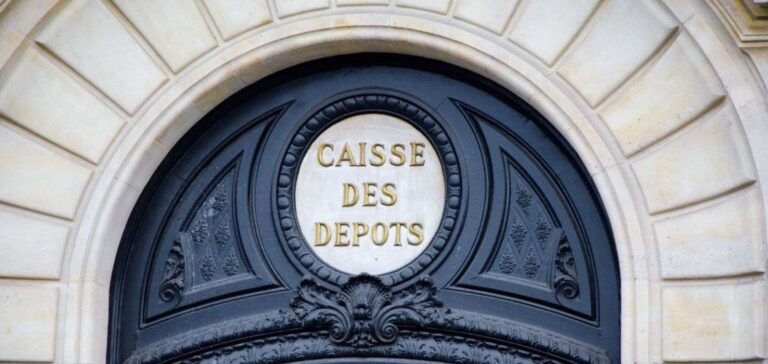Caisse des Dépôts (CDC) suggests using French people’s savings, particularly those accumulated in Livrets A passbook savings accounts, to finance new nuclear power plants, according to CEO Eric Lombard. This proposal is part of a government program to build six EPR reactors, with a total investment estimated at 51.7 billion euros. Lombard asserts that this move would be “logical” to contribute to the decarbonization of the French economy, a priority aligned with national environmental objectives.
Financial impact on French savings
Mr. Lombard specifies that financing a third of the nuclear program with French savings would represent “a few billion euros a year”, an amount that would be “entirely absorbable” by funds currently deposited in Livrets A and Livrets de développement durable et solidaire (LDDS). The latter collectively attracted nearly €40 billion in deposits last year, totaling €571.5 billion at the end of February. At the same time, the management of these funds is divided between CDC, which controls 59.5%, mainly for social housing, and the banks, with 40.5% earmarked mainly for loans to SMEs. This breakdown highlights the versatility of French people’s savings, which are already invested in key sectors of the economy.
In addition to nuclear power, CDC also plays a role in the financing of the arms industry, as a shareholder in major companies in the sector. This involvement raises questions about the potential earmarking of regulated savings for the defense industry, an idea that has not found favor with Bercy. Indeed, French Economy Minister Bruno Le Maire has introduced the concept of a European savings product designed to “finance our defense effort”. An initiative that would not be disconnected from environmental objectives, according to Mr. Lombard, who asserted that “national defense is also the defense of our democracy and our environmental trajectory”.






















